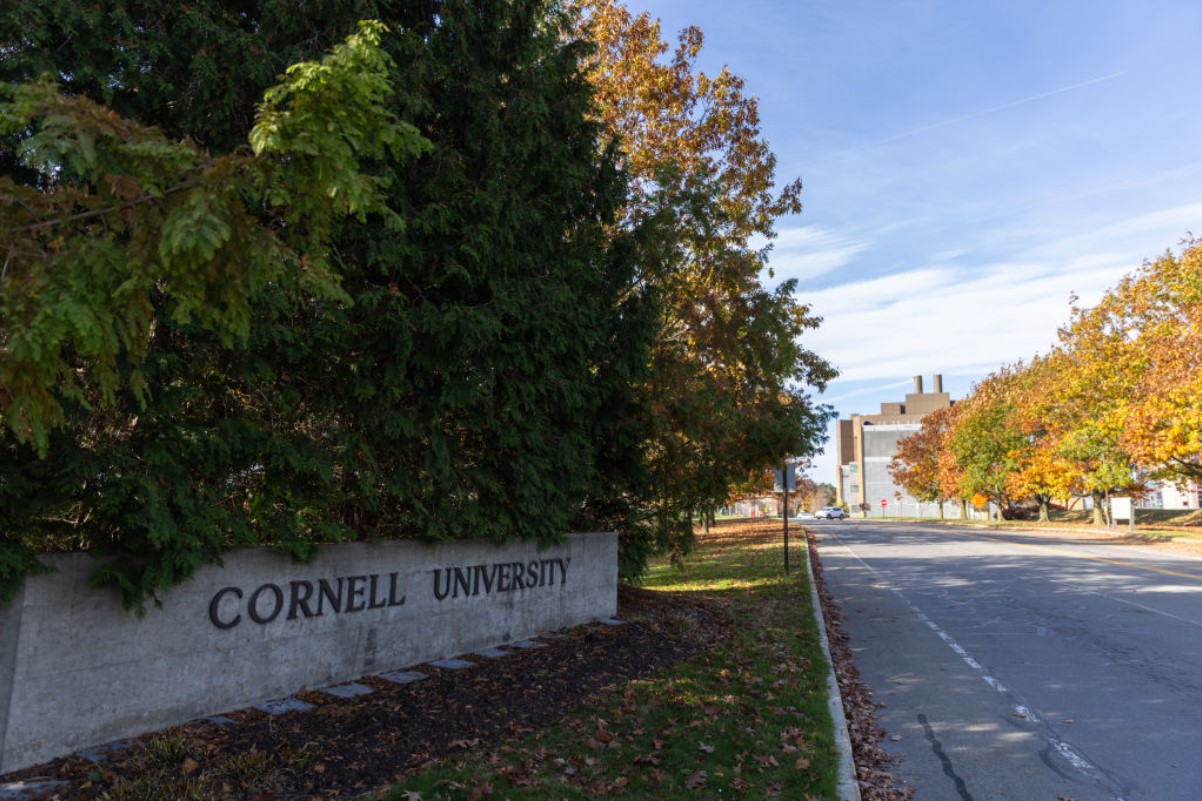Cornell University could suffer a considerable loss as one of its largest donors threatens to pull funding if it continues promoting a “toxic” culture.
Jon A. Lindseth, a long-time donor, also called for the resignation of Cornell’s president as concerns about the university’s allegiance to DEI programs continues to increase.
Utter Disappointment with the Prestigious University

Jon A. Lindseth, a presidential counselor and respected trustee of Cornell, recently sent a letter to the institution’s Board of Trustees and Chairman Kraig Kayser.
The letter referenced his utter disappointment with Cornell’s persistent commitment to diversity, equality, and inclusion programs.
Lindseth Threatens to Sever Ties with Cornell

Lindseth, who’s provided the university with considerable funding over the years, threatened to sever his connection to the institution and pull funding should the DEI programs continue.
He also openly called for the resignation of Cornell’s President, Martha E. Pollak.
Misguided Commitment to DEI

Lindseth, a respected Cornell alumni, claims the institution’s “misguided commitment” to DEI initiatives has lowered the level of education at the prestigious school.
“I am proud to count myself one of several generations of Lindseths who are Cornell alumni and invested donors, but I am alarmed by the diminished quality of education offered lately by my alma mater because of its disastrous involvement with DEI policies that have infiltrated every part of the university,” he wrote.
Long-Term Doner Decides to Pull Funding

Lindseth claims he’s funded some of the university’s exemplary past, including generous donations to the library, yet he can no longer willingly do so.
“I can no longer make general contributions until the university reformulates its approach to education by replacing DEI groupthink with the original noble intent of Cornell,” he added.
Cornell Alumni Unhappy with DEI Allegiance

According to the Cornell alumni, the school no longer promotes a culture of “discovering and disseminating knowledge.”
Instead, the focus is on “adhering to DEI groupthink,” said Lindseth.
Institution Rots at Its Core

Cornell has applied DEI initiatives to every field of study within the school, according to Lindseth.
“The result is a moral decay, some call it ‘rot,’ that falls in line with prevailing ideology and dishonors basic principles of justice and free speech,” Lindseth added.
Leading to an Increase in Antisemitism

The rise of DEI initiatives at the university, Lindseth argues, has brought with it an increase in antisemitic behavior.
In the letter, he referred to Pollack’s “shameful” response to such antisemitism and recent attacks carried out by the terrorist group Hamas.
Orwellian State of Affairs Within the University Walls

According to the Cornell alumni, a “bias reporting system” utilized within the university has created an “Orwellian environment.”
“Alumni of Cornell have organized to offer support and feedback over the past year, providing policy recommendations and whistleblower accounts of problematic behavior on campus by students, faculty, and administrators alike,” he said.
Cornell Becomes a Toxic Center of Learning

The DEI initiatives put into place with the university president have resulted in a toxic environment, according to Lindseth.
“The intent has been to see Cornell’s excellence restored by a determined rolling back of DEI and the toxic academic environment it creates,” he wrote.
Funding Pulled by Numeorus Concerned Alumni

In the letter, Lindseth reveals he will not be the only alumni to sever funding.
“With my writing of this letter, an increasing number of Cornell alumni are refusing to continue donating to their alma mater. Unfortunately, President Pollack and her administration have refused to engage with concerned alumni and their sound policy recommendations to correct Cornell’s course,” Lindseth wrote.
Chairman Continues to Support Pollak

Kraig H. Kayser recently joined FOX News Digital to show his support for the Cornell President, Pollak.
“For nearly seven years, I have strongly supported President Pollack, and that support remains strong today. The board is working effectively with the administration to respond to various challenges facing higher education and opportunities to advance the university’s mission,” he said.
